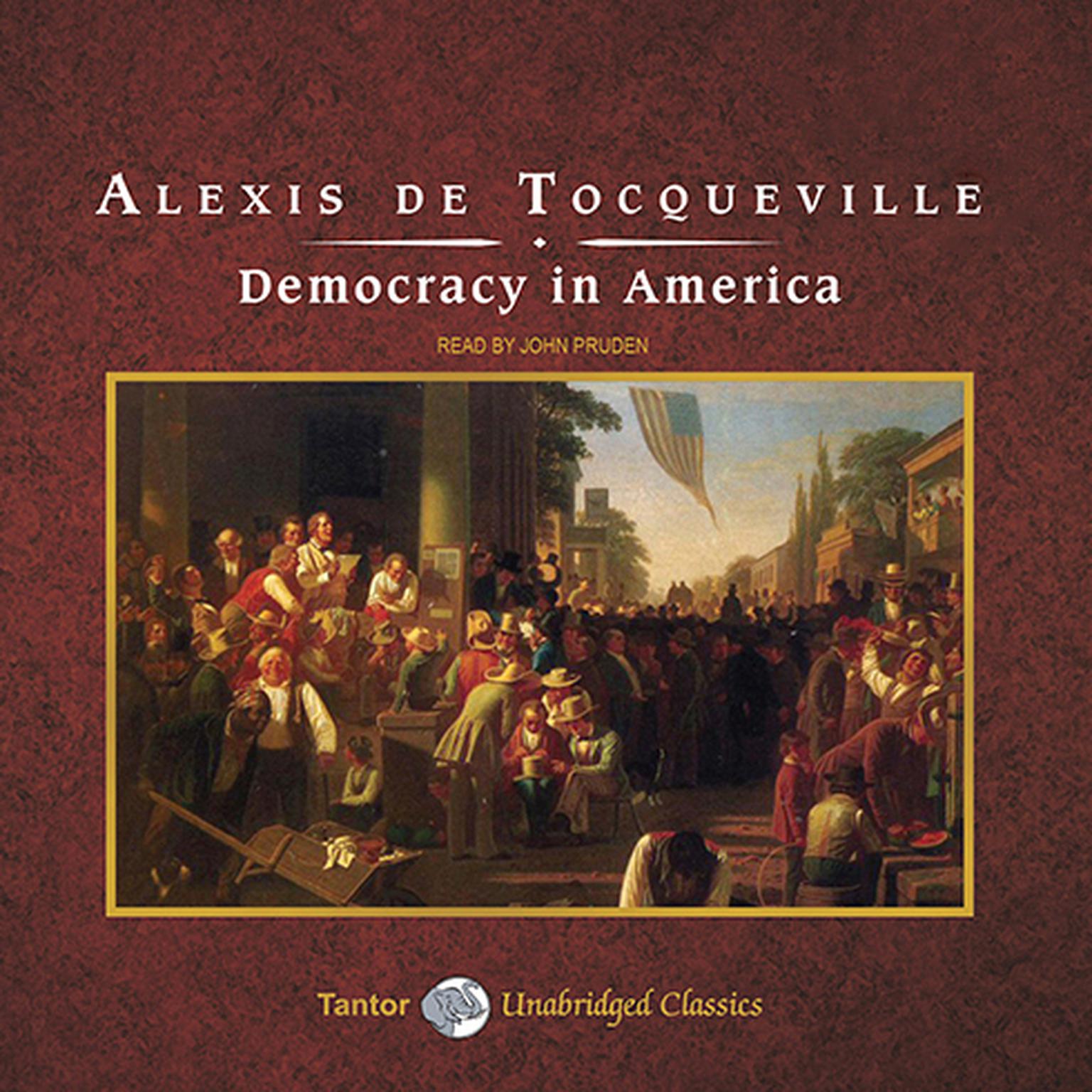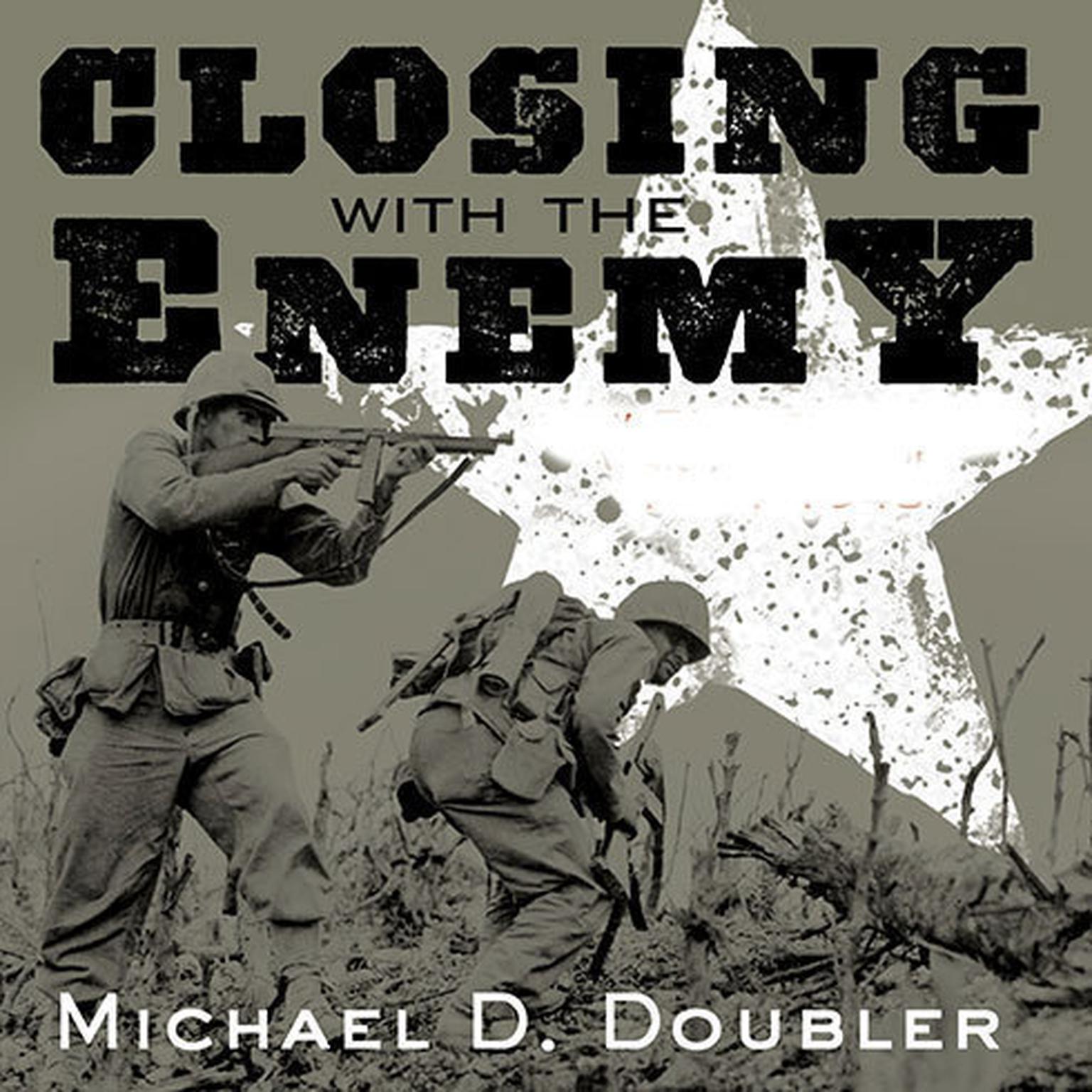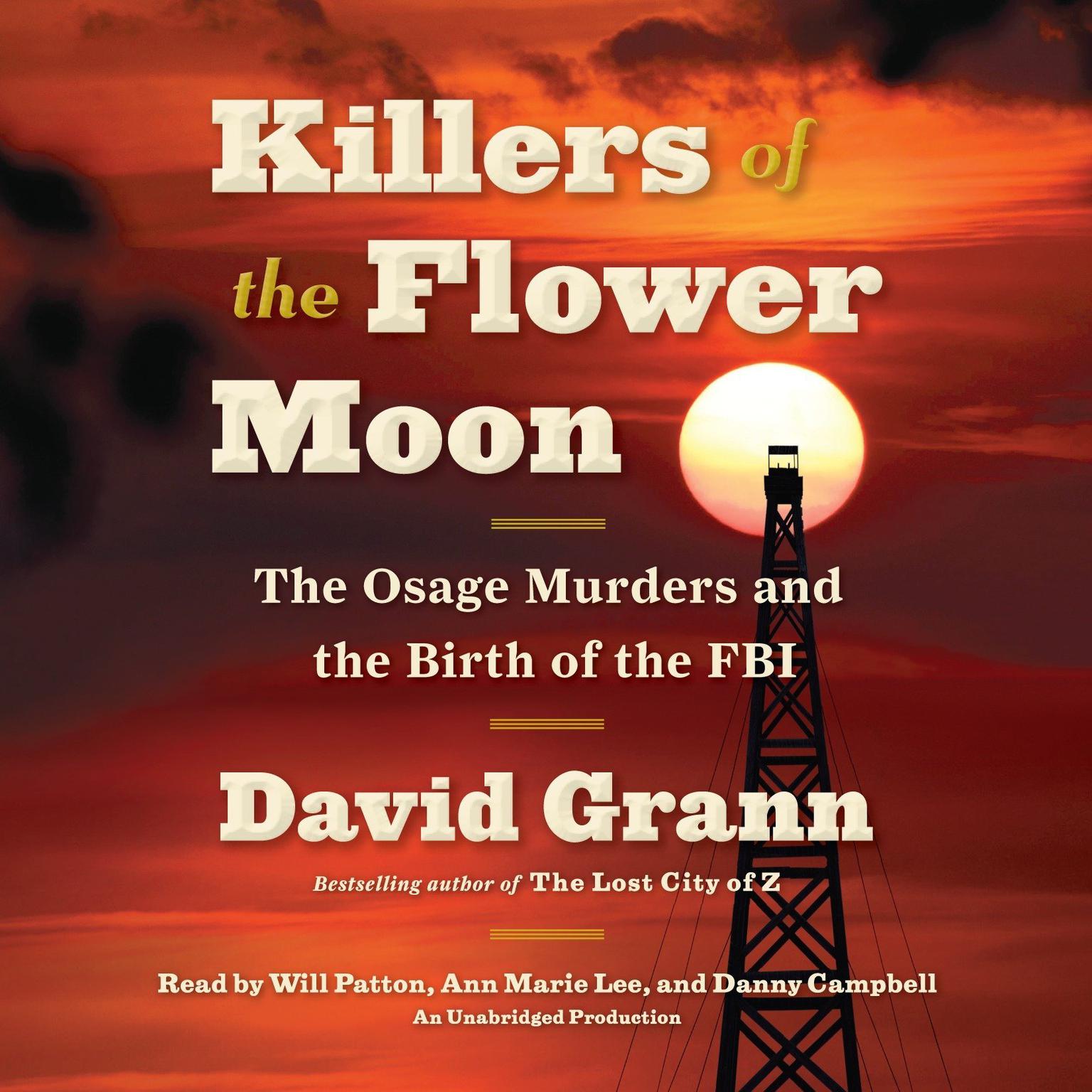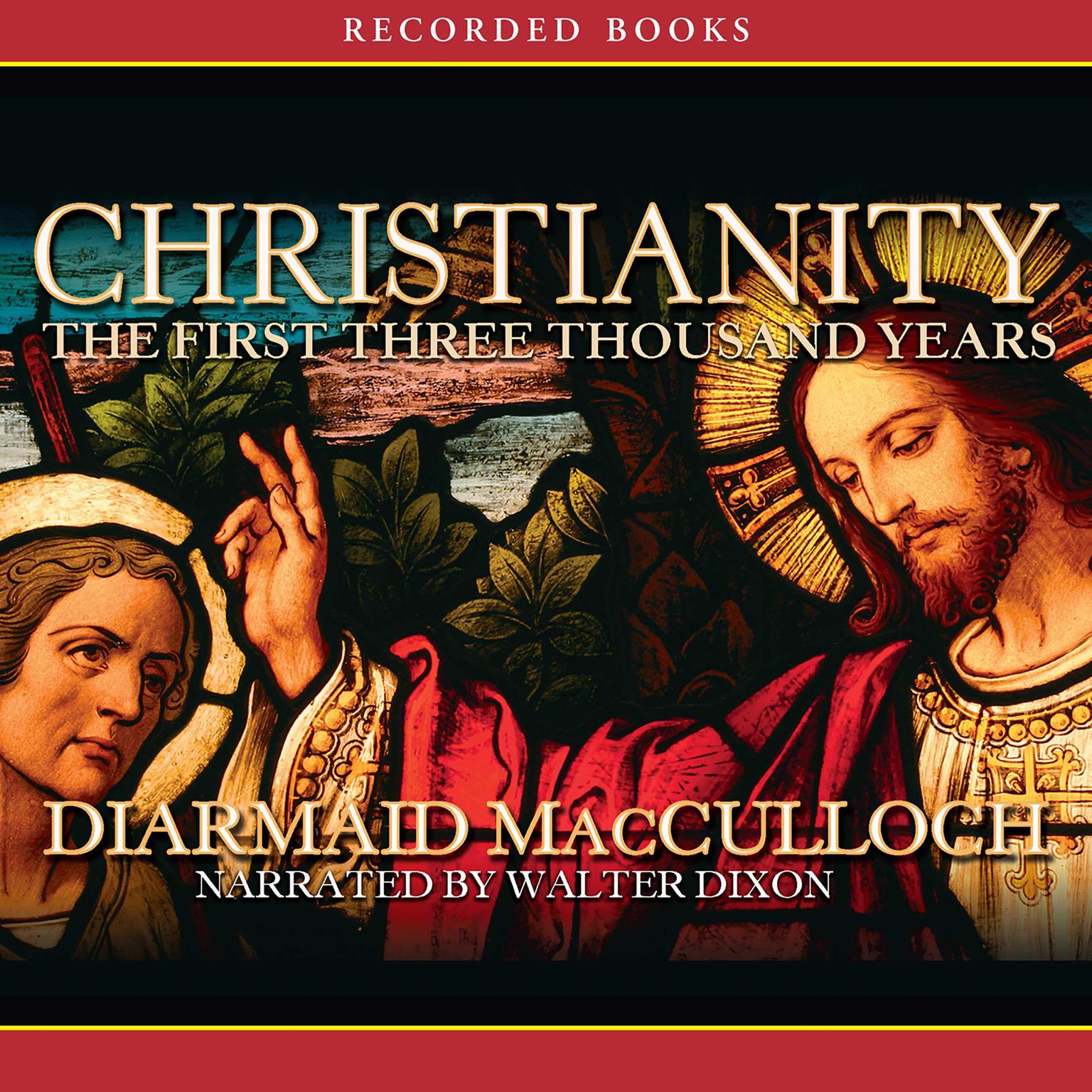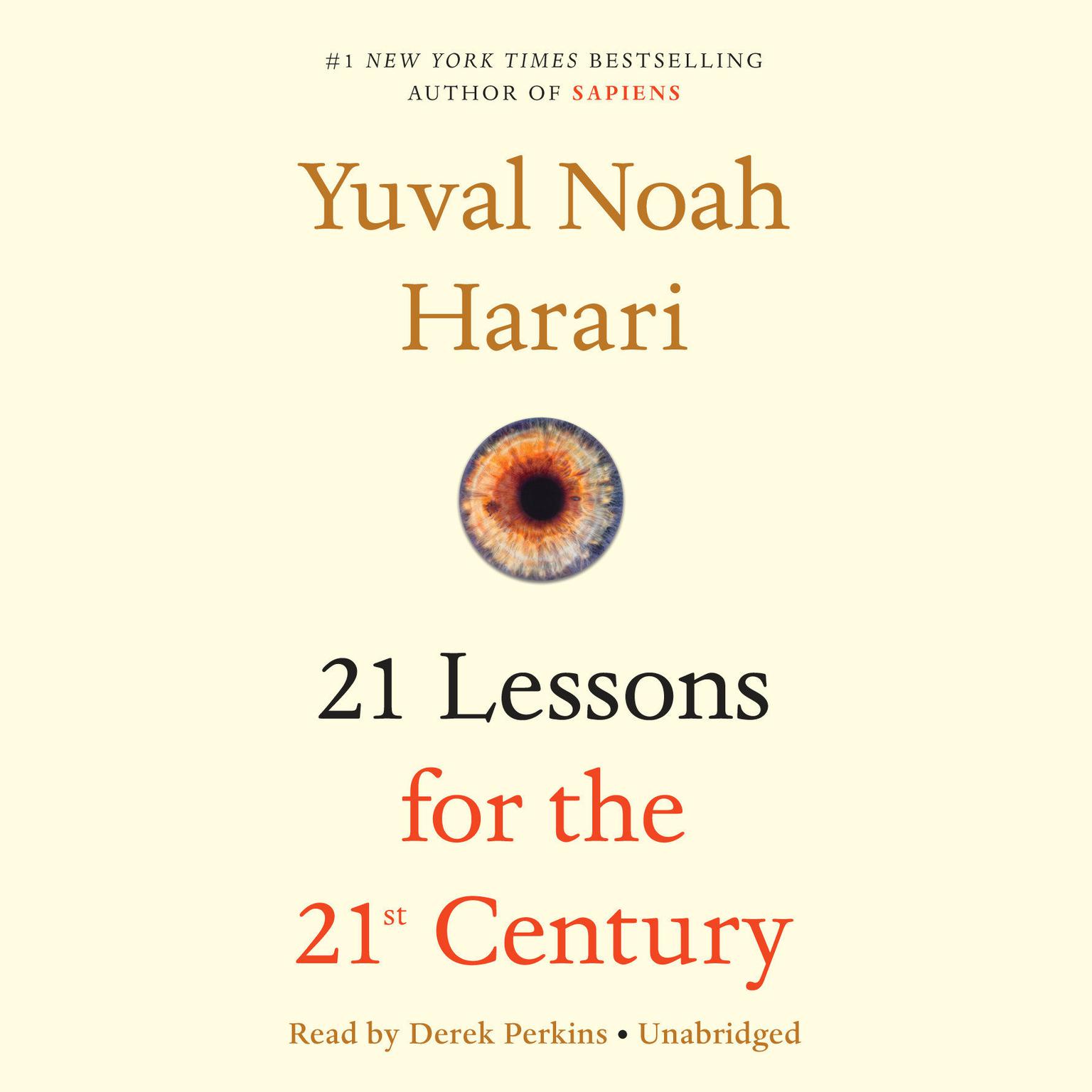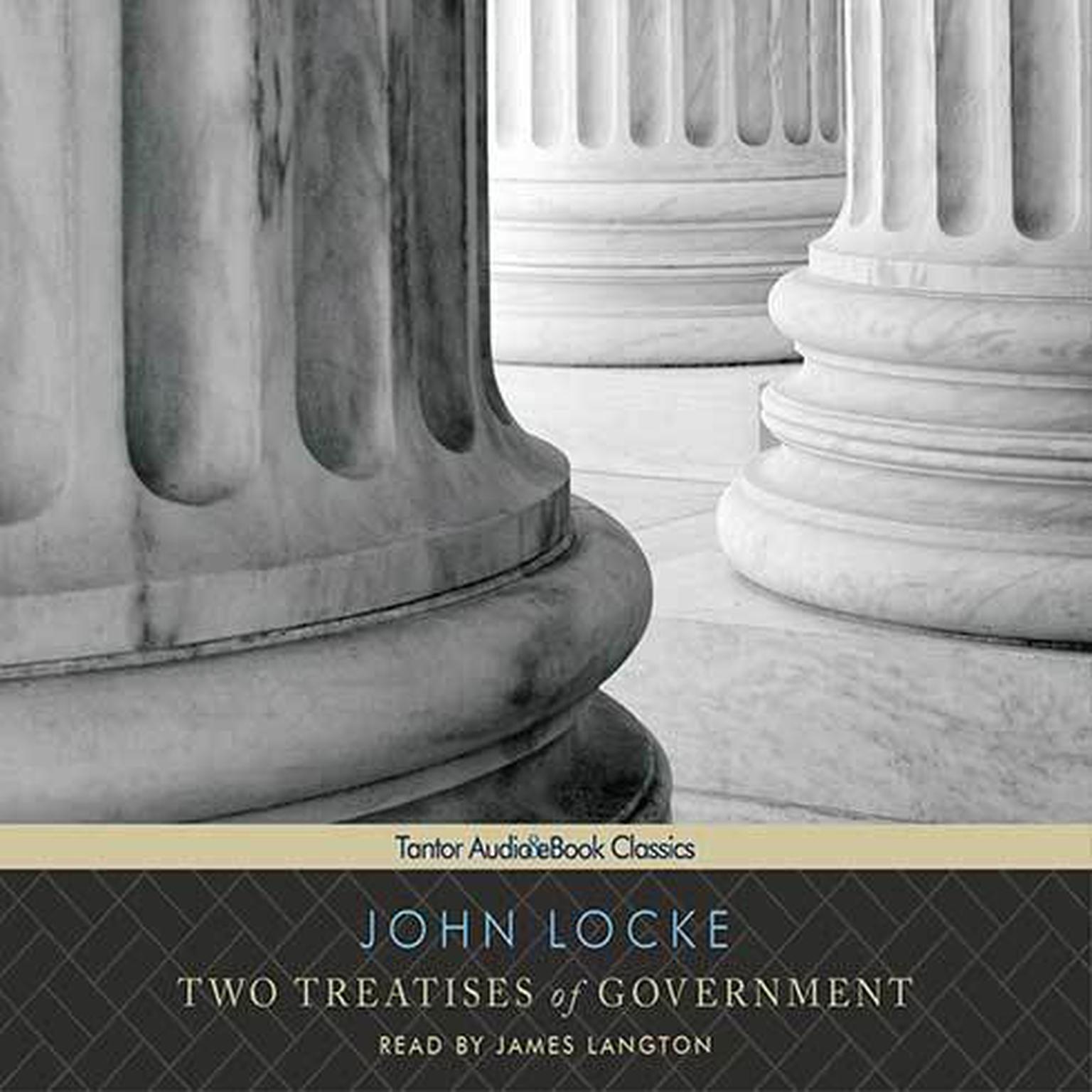Publisher Description
In 1831, Alexis de Tocqueville, a young French aristocrat and civil servant, made a nine-month journey through eastern America. The result was Democracy in America, a monumental study of the strengths and weaknesses of the nation’s evolving politics. Tocqueville looked to the flourishing democratic system in America as a possible model for post-revolutionary France, believing its egalitarian ideals reflected the spirit of the age—even that they were the will of God. His insightful work has become one of the most influential political texts ever written on America and an indispensable authority for anyone interested in the future of democracy.
Download and start listening now!
“It took me awhile to get through it, but this book has plenty of food for thought. I recommend taking it at a very slow pace so you can really digest it. First, I loved how de Tocqueville went into considerable depth about the profundity of the Constitution and why it is such a brilliant conception. I was able to appreciate it more because of distinct reasons on which he chooses to expound. His comparison between Native Americans and blacks intrigued me a great deal, and then there was a very interesting section on commerce. He compares Americans with the Brits and then the North with the South. The stats he produced were fascinating, because he basically proves how slothful a people is (“people” is singular in this book) that engages in slavery. Although the South had a greater population and a larger amount of land, their productivity and exports totaled quite a bit less than the North’s. They weren’t engaged in any kind of work, but just sat around while their slaves did it all. This observation of his really resonated with me. Another very interesting argument he makes is that religious adherence (of whatever kind) counterbalances the bad effects that democracy would normally bring about. This is rather notable, considering that afterward he observes that Americans have little/no use for theoretical science (philosophy), but really prefer the practical sciences…and yet, we found a need for religion – or did at the time. Not sure where we’re headed now. My favorite parts were probably where he talks about women of the time – particularly those who gave up lives of leisure and went with their husbands out West. He refers to women as the guardians of morality a few times and spends a bit of time on American women in general. I loved these parts of the book. Finally, the appendices had some of the most interesting information – just random tidbits here and there. I liked the bit about the dialects of Native Americans and how similar and efficient they are. The book ends with a reproduction of the Constitution in full, accompanied by the Bill of Rights. It’s very comprehensive, which helps make it great and makes it exhausting. This is ONE HEFTY READ, and I am glad to be finished at long last!”
—
Jill (4 out of 5 stars)
